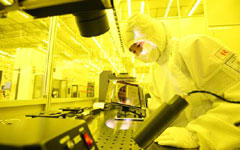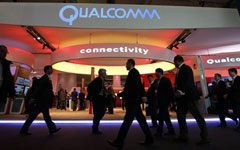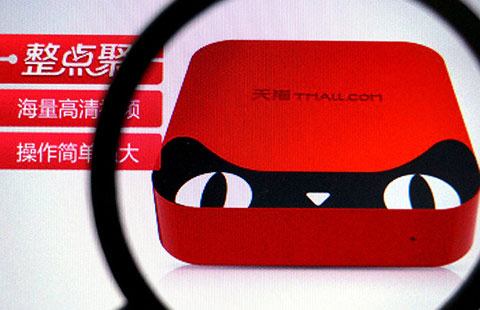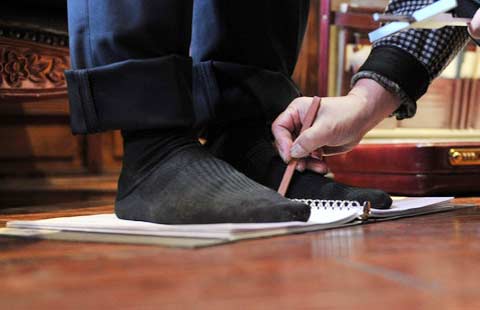Huawei's Kirin 920 to shake global chip market?
(Xinhua) Updated: 2014-06-16 11:26However, there is still a long way to go before China can significantly reduce its chip imports.
Li Mingjun, deputy secretary general of the Shenzhen Semiconductor Industry Association, was quoted by local media as saying that most Chinese chip-makers are still only capable of making medium-to-low-end chips.
In addition, China's chip-making firms are still too small to challenge the US dominance of the market, at least in the near future
|
 |
|
|
Another obstacle preventing HiSilicon's Kirin 920 from challenging the dominance of Qualcomm and other US players is Huawei's reluctance to do so.
Huawei is not aiming to export its chips and does not see them as a stand-alone product, the 21st Century Business Herald quoted Xu Zhijun, deputy president of Huawei, as saying.
Xu said, "The strategy we adopt is one plus one or one plus N," which means that for every HiSilicon chip that Huawei incorporates in its products, it will integrate one chip or more from other suppliers.
The reason for this is that Huawei doesn't want to stir concerns with Qualcomm or other industry giants, fearing such a situation might affect chip supplies, the Herald reported.
Huawei was taught a tough lesson in March 2012 when it unveiled its quad-core processor K3V2 and said it would use the new chips in its Ascend D smartphones.
The new mobile phones appeared on the market several months later than planned. A source close to Huawei told the Herald that the delay was at least partly down to the high-profile release of the chips making its screen supplier Samsung nervous and leading it to stall the supply.
"We can only lead US companies in sectors the size of a needle. But it is out of the question for our lead to expand to sectors the size of a matchstick," said Ren Zhengfei, Huawei's founder and CEO, during a speech earlier this year when publishing the firm's 2013 annual report.
- Transformers dominates China box office
- China's impact beyond commodities
- Mauritius and China Southern Airlines sign partnership agreement
- M&M opens its first Asia flagship store in Shanghai
- Auto manufacturing plants to disappear in Australia
- Hyundai Motor set to expand production at Brazil plant
- China's second-largest hydropower station in full operation
- WTO starts 5th trade policy review of China


















